If you are someone who struggles with procrastination, then you have come to the right place. This article is going to talk about the science behind procrastinating and how to stop procrastination. So, are you ready to do a deep dive into this?
You’ve probably heard of all the popular productivity “hacks” that promise to help you finally beat procrastination, like:
- The Pomodoro Technique
- The Eisenhower Matrix
- The Pareto Principle
- Parkinson’s Law
- Habit Stacking
Like a Pokémon master, you’ve collected them all.
But here you are, reading this, trying to figure out why, despite knowing all the things, procrastination is still kicking your ass.
Related: Understanding And Overcoming Procrastination
How To Stop Procrastination And The Science Behind It
This is going to be part of a fundamentals series, where I break down common struggles people have and give no-bullshit strategies to help you succeed.
So here’s the thing…
We procrastinate for one of two reasons:
Either because the thing we’re putting off isn’t a priority or because it scares the shit out of us.
That’s it (largely).
So let’s break down both, and what to do about them…
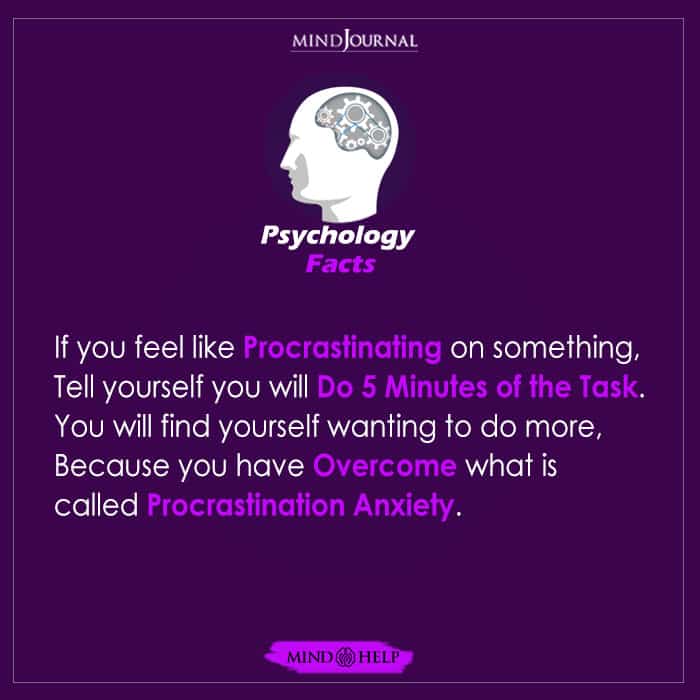
When Procrastination Is Actually Low Priority
The most obvious reason you procrastinate is that whatever the thing is, it’s just not important to you.
Or at least, it’s not important enough relative to the other things you have to do, given your limited time, energy, and attention.
For example, one thing I procrastinate is replying to emails. Yes, most aren’t worth replying to, but a few are. But I front-load my day with the most cognitively demanding tasks and Needle Movers (aka, my top priorities for the day).
So whatever time or mental bandwidth I have left at the end of the day is what I dedicate to replying to emails.
Some days, that’s zero.
So some days, I just don’t get to replying to emails.
I didn’t procrastinate per se, I just didn’t prioritize replying to them. And that’s ok, because I did prioritize the most-important things for that day.
So instead of saying something like, “I didn’t have time to do X,” or “I know I need to do X, but I keep procrastinating and I don’t know why!” reframe it as, “I didn’t prioritize X,” or “I know I need to do X, but I keep putting it off because it’s just not a priority for me right now.”
This helps you:
- Stop making bullshit excuses
- End the blame-cycle and beating yourself up
- Take responsibility for what’s actually happening
But this assumes you know how to prioritize the things that matter. If everything’s a priority, then nothing is—so learning to filter what matters from what doesn’t is critical for this to work.
If you have a habit of taking on too many responsibilities or struggle to prioritize, check out The Availability Paradox for some solid strategies to help.
But let’s say the thing you keep putting off is a priority, yet you continue to not do it, that’s where the next concept comes into play…
Related: 11 Tips To Overcome Procrastination
When Procrastination Is Actually Fear-Avoidance
Sometimes you want to do something and you know it’s a priority, but you just can’t seem to actually do it.
In this case, you’re probably afraid—and procrastination serves the function of helping you avoid the thing you’re afraid of coming true.
For example, let’s say one of the Four Horsemen of Fear is holding you back—like Fear of Ridicule—from launching your next thing.
If you’re afraid that people are going to judge you or react negatively to it, then the longer you kick the can down the road, the longer you can avoid risking this coming true.
- You endlessly tinker.
- You overcomplicate it.
- You jump around to other projects.
You do everything you can to prevent your worst fears from coming true.
Procrastination, in this case, is just fear-avoidance.
Which is why all the productivity tips like the Pomodoro Technique, Parkinson’s Law, or the Pareto Principle won’t do jack shit to help you overcome “procrastination.”
Because they’re only addressing the superficial symptoms—not the root cause (in this case, fear).
So don’t ask, “Why do I keep procrastinating?” ask, “What is procrastination helping me avoid right now?”
Once you clarify this, try out a technique like Fear Inoculation to help you overcome it.
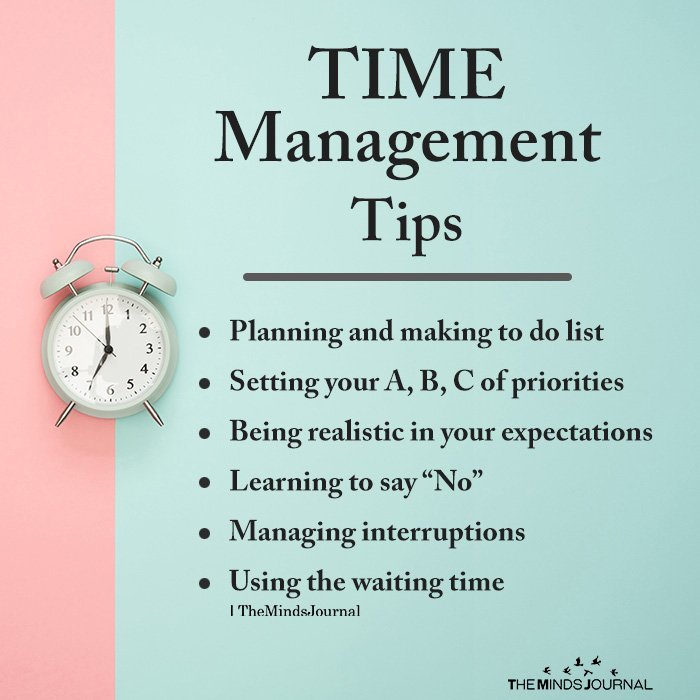
Final Thoughts
Procrastination is one of the most common (and commonly misunderstood) self-sabotaging behaviors. So hopefully today’s piece helped you understand it, and yourself, a bit better.
Related: Why We Procrastinate And How To Take Advantage Of It
If you know someone who’s struggling with procrastination, consider sharing this piece with them.
Unlock the Psychology of Success Masterclass (for FREE) to access proven strategies that have helped thousands of entrepreneurs, founders, and leaders all over the world succeed in life and business.
As a bonus, you’ll also get the Creator Alchemy newsletter, where you’ll get deep dives into the psychology of success delivered straight to your inbox each week. Sign up at https://coreywilkspsyd.com/
Written By Corey Wilks
Originally Appeared On Corey Wilks Psy.D.
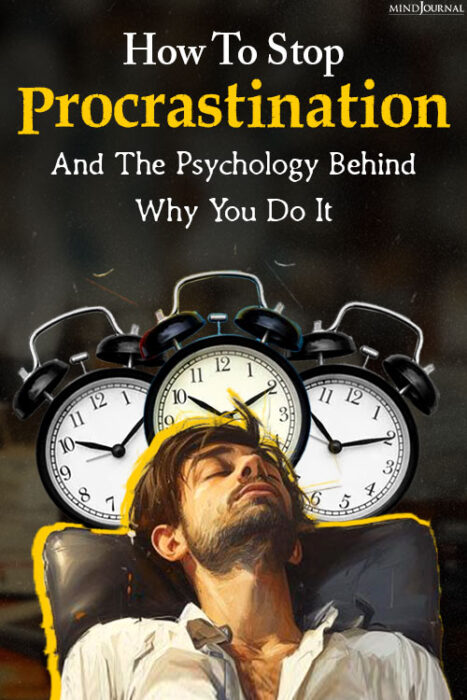


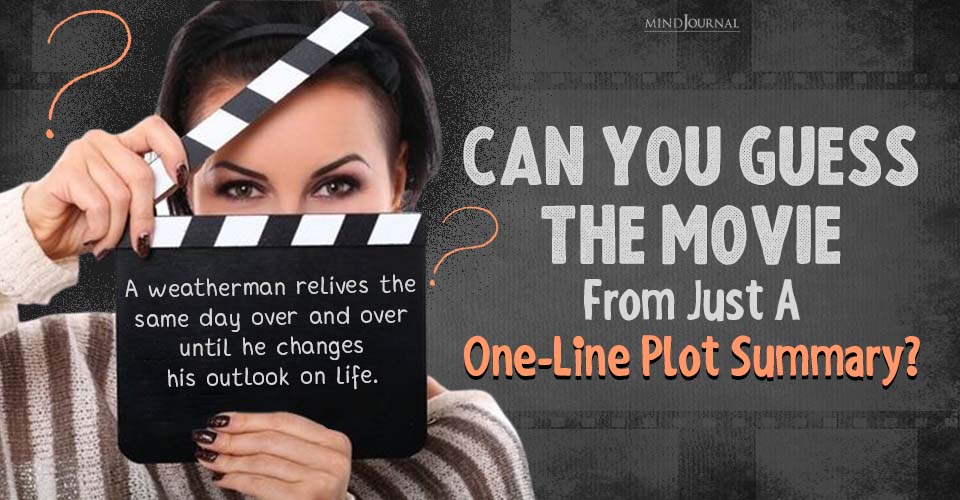
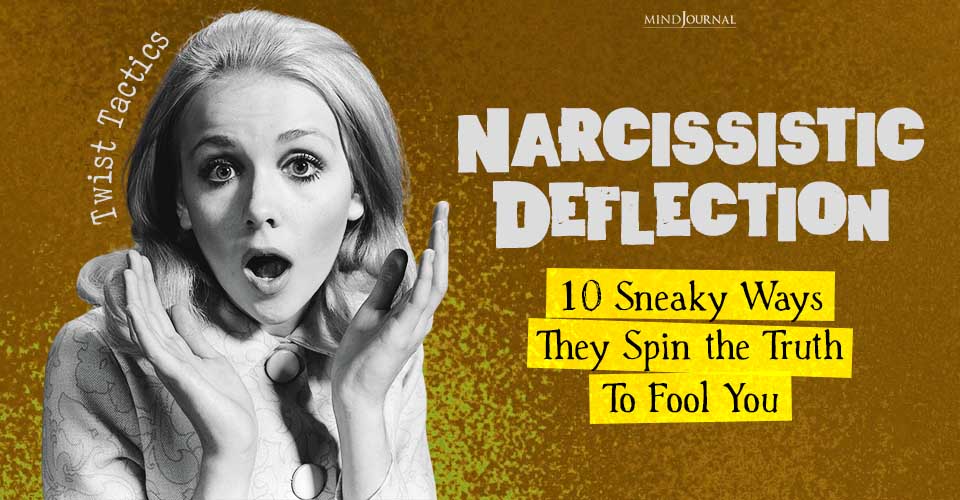
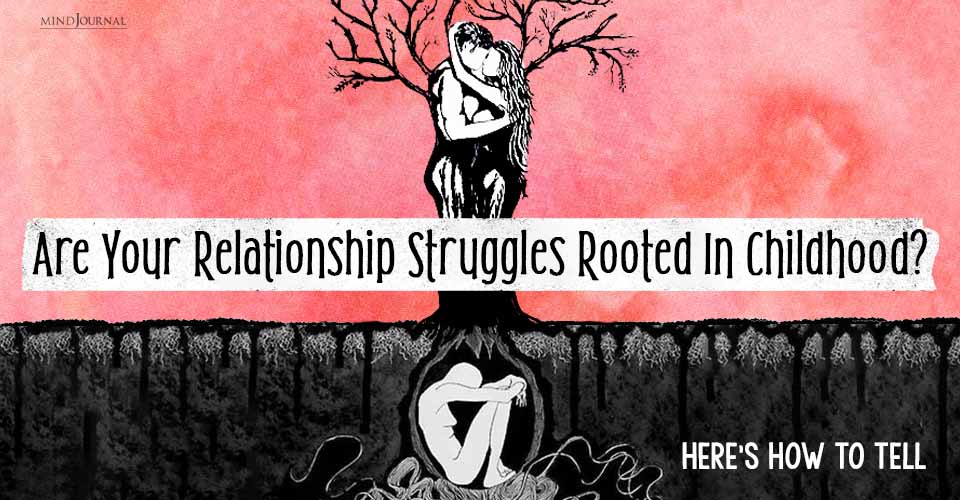









Leave a Reply
You must be logged in to post a comment.